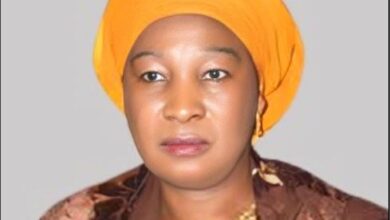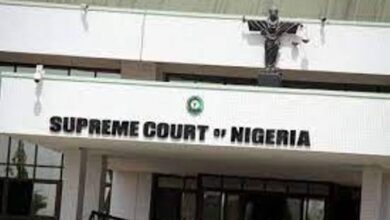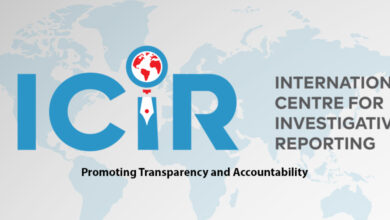
Justice Hamza Muazu has set March 20 as the date to rule on whether the EFCC can call additional witnesses in Emefiele’s trial.
The former CBN Governor urged the FCT High Court to prevent the EFCC from calling additional witnesses in his ongoing fraud trial.
His lawyer, Matthew Burkaa (SAN), insists that since only 10 witnesses were listed in the initial proof of evidence, adding more would be procedurally unfair.
However, EFCC’s Rotimi Oyedepo (SAN) argues that limiting witnesses could obstruct justice.
As the court weighs its decision, the case raises fundamental questions about balancing the defendant’s rights with the prosecution’s need for thorough evidence presentation.
If the EFCC is barred from introducing more testimonies, it may impact future high-profile corruption cases.
Legal analysts are watching closely, as the ruling will determine whether the prosecution can expand its case or if the defense’s procedural objections will stand.
Emefiele is facing 20 counts, bordering on criminal breach of trust, forgery and conspiracy in the charge marked FCT/HC/CR/577/2023.
Read Also: Bank Manager Remanded in Custody over N15m Fraud Allegations
He was also accused of using his position as CBN governor to confer unfair and corrupt advantages on two companies, April 1616 Nigeria Ltd and Architekon Nigeria Ltd.
At the resumption of the trial, EFCC’s 10th witness, Salawu Gana, said the award of contract to April 1616 for the procurement of vehicles for the CBN adhered to procurement laws and the CBN guidelines.
Fielding questions during cross-examination by Emefiele’s lawyer, Gana said the CBN’s Procurement Department evaluated the quotations submitted by the bidders, vetted the submissions, and resolved to award the contract to April 1616 because its quotation was the lowest.
He added that Emefiele only approved the contract award based on the recommendations of the CBN Tenders Board.
The witness also confirmed that the vehicles were supplied, and the company, April 1616, was paid based on the recommendations of the board to Emefiele for approval.
Gana, who was the Head of the Procurement Unit at the time, stressed that Emefiele was not a member of the CBN Tenders Board.
He admitted that neither he nor the five procurement officers who recommended April 1616 for the award had been charged by the EFCC.
Gana also said he had not seen any evidence or document showing that money was paid from April 1616’s bank account to Emefiele.







